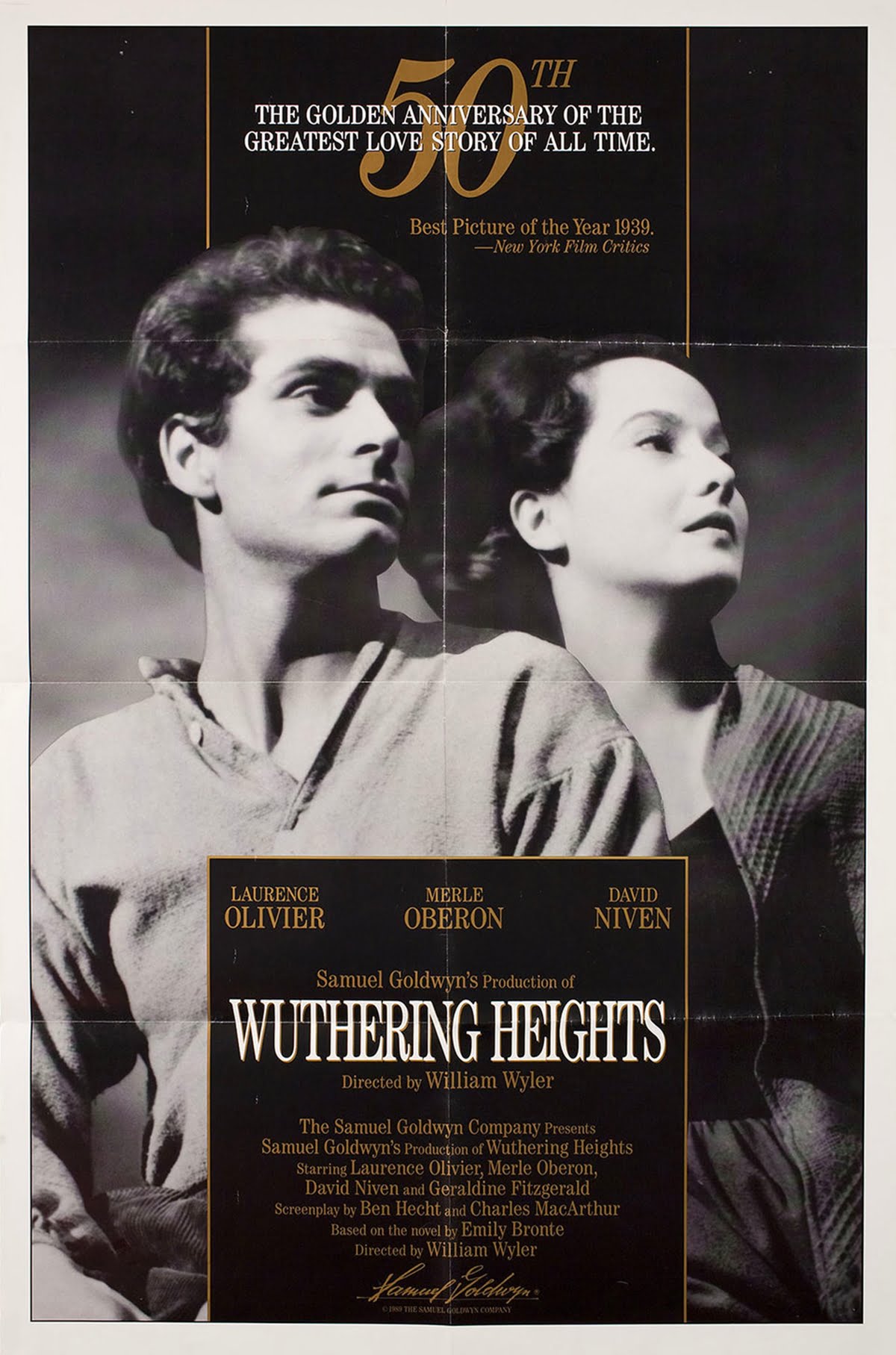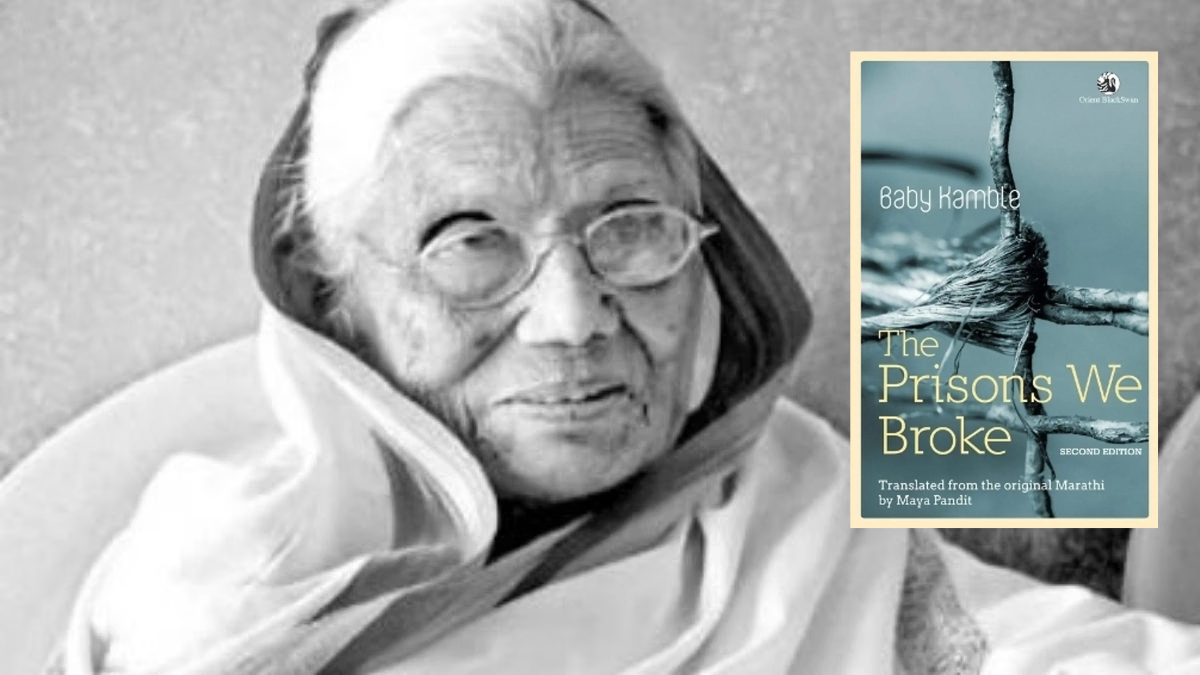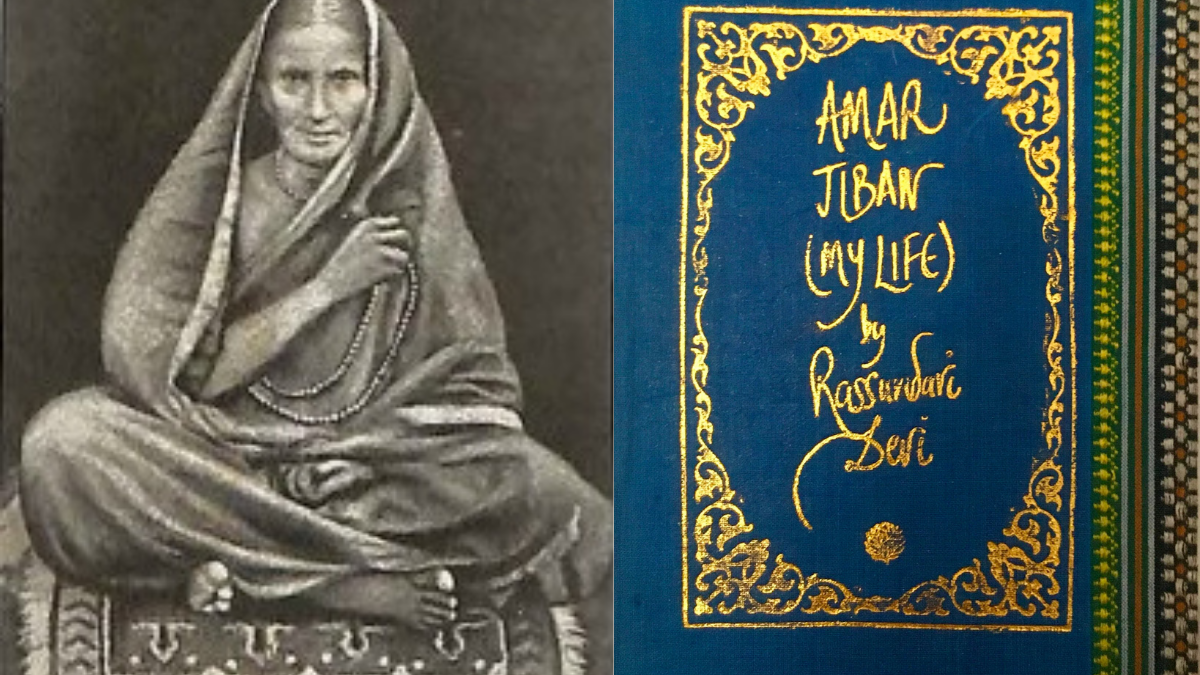Posted By Bhaskar Choudhary
Wuthering Heights, the sole novel written by Emily Bronte, is a promising tale with a pervasive psychological impact upon the reader. The haunted mansion, picturesque but desolate moors, long winding roads and the hailing thunderstorms and blissful sunshine, all make it an enriching and heart-rending read as it depicts the peaks and extremities of human longing and love. It also tells a parallel, hidden story of repressed and unseen trauma of boyhood, and the brutal suppression of emotional instincts that becomes instrumental across the rite of passage to manhood.
Wuthering Heights portrays the pain and pangs of unrequited love and the agony that it could inflict on a person, and within a paradoxically soothing yet tempestuous scenery, it tells the tale of seething madness and trauma in the bruised psyche of lovers akin in spirit and temperament; but torn apart by differences of class and status.
The narration of Wuthering Heights made by the housekeeper Ellen Dean to Mr. Lockwood is centered primarily upon the dilemma and turmoil of Catherine Earnshaw, and later trails the shadow of her unfulfilled story of passion and longing upon the life and circumstances of her daughter Catherine Linton. Meanwhile, another important character in Wuthering Heights, Heathcliff represents the quintessential ‘other’ in society: an orphan of unknown parentage, relegated to the bottom of the social order at Wuthering Heights, once the original master of the mansion dies. The character of Heathcliff is a misfit in the ways of this world. He is everything that we detest and everything we fear.
Also read: Not A Tragic Story Of ‘Any Forbidden Love’ – Placing Brokeback Mountain In The Western Genre
His childhood, which does not occupy more than one-quarter of the novel Wuthering Heights, reflects the gruesome emotional abuse ladled on a boy who became a victim of the greedy and narrow-minded snobbery of Hindley, who left no stone unturned to avenge the favor that his late father had shown to Heathcliff, the adopted son in the household.
Dismissed to endless drudgery within household chores and reduced to the status of a servant, Wuthering Heights shows Heathcliff as a child was brutally deprived of the love, emotion and care that is necessary for emotional nourishment and healthy maturation of a child.
His friendship with Catherine was his only recourse to emotional sustenance and succor, but he fell prey to the stifling cultural code of masculinity within which all heteroromantic relationships are encrypted.
Patriarchy sustains and reinvigorates its foundation by sustaining a culture and pattern of male dominance and aggression, a superiority of man over woman, and reason over emotion. But this is only how it looks from a bird’s-eye view. At the core of Wuthering Heights, beneath the superstructure of faux masculinity and aggression, is also a tale of brutal suppression of all tender and sensitive feelings within a male child.
At the core of Wuthering Heights, beneath the superstructure of faux masculinity and aggression, is also a tale of brutal suppression of the tender and sensitive feelings within a male child.
Catherine and Heathcliff, both had wild impulses and an urge to revel in life at the cost of transgressions of norms of morality, but Catherine held the privilege of class which she used to give in, to a marriage of alliance that paved her path to comfort and prosperity.
In Wuthering Heights, Heathcliff however remained an outcast all his childhood, because the one person to whom he belonged, treated him only as an outlet upon which she ran all her whims and fancies. Catherine devoured Heathcliff to satisfy her craving for defiance and delight, but also sidelined him from her life and toed him to the limits and barriers of his social status. She used him as a playmate when she needed to sneak out of the household onto adventurous forays. But when Heathcliff pined for her love and attention within the towering, looming walls of Wuthering Heights, she denied him the entry to her mind and heart, and treated his feelings and emotions as a toy to amuse her boredom.
Her behavior with Heathcliff can be interpreted as psychological manipulation, because even though she confessed to Ellen Dean that she loved him more than anything else in the world; that she and he were made of the same substance, she still chose to abandon him without an explanation.
She wanted and desired him right until her death, but never in her childhood did she let him become a part of her world and activities wholeheartedly. In Wuthering Heights we see how Heathcliff was denied the emotional acceptance and validation that every human being needs, and his psychological need for affection, intimacy and protection was further neglected on account of his gender; which made the emotional abuse he suffered as a boy invisible to anybody around him.
Wuthering Heights tells the tale of repressed boyhood and trauma across the span of time and generation. Once Heathcliff returns as a man, he is everything that we fear. Fierce, vindictive and unsparingly lethal. While his acts of aggression, dominance and control that ruin the lives of Cathy and Linton, the purported lovers of the next generation, are abominable; they are also a product of reinforcement by a society that only sanctions aggression and courage as valuable emotions in a man and makes him believe that these are the sole gateway to power and prestige.
Heathcliff’s son Linton’s character in Wuthering Heights is delicate and feeble, yet he tries to don aggression in his personality and harass his beloved, solely out of the fear of his father, who mocks any sign of effeminacy and tries to suppress any trace of emotional softness in his son, and ends up repeating the story of a boy choked in his heart before he ever gets a chance to understand who he is or what he feels.
It is difficult to box Heathcliff into any one category, because even though he is the loathsome patriarch that controls and manipulates the lives of his son and niece, he is also a flawed, and crisis-ridden personality.

Also read: Book Review: Orlando By Virginia Woolf
In Wuthering Heights, all his life is a futile attempt to gain some recourse to sanity or closure; over the episode of injustice that he had suffered as a child. His desperate longing and need for affection from Catherine made him vulnerable, and he left no stone unturned to shape that vulnerability into the agonising flame of temperamental and vindictive manliness; unquenched and unforgiving.
Heathcliff’s surging passion of revenge and the trauma of being wronged makes him a hellish character in Wuthering Heights, who brooded and reveled in the agony and pain he inflicted upon other people, because his own need for sensitivity, care and safety was brutally choked and killed by a patriarchal social order that rewards aggression in man
His surging passion of revenge and the trauma of being wronged makes him a hellish character in Wuthering Heights, who brooded and reveled in the agony and pain he inflicted upon other people, because his own need for sensitivity, care and safety was brutally choked and killed by a patriarchal social order that rewards aggression in man, either with awe and admiration or fear, but either way, aggression leads to recognition and esteem.
A feminist post-modern reading of Wuthering Heights thus show how brokenness and fragility is rarely spotted beneath the socially reinforced layer of brutishness in the male psyche.
Bhaskar Choudhary recently completed Young India Fellowship, a postgraduate liberal arts diploma from Ashoka University. He has also done Bachelor in Arts from Jai Hind College, Mumbai with a Psychology major, and minor in English Literature and Political Science. Bhaskar loves reading literary classics. His favourites are ‘Wuthering Heights’ and ‘Sula’. He can be found on Instagram.
Featured Image Source: Posteritati
About the author(s)
Bhaskar Choudhary has recently completed Young India Fellowship, and is pursuing a postgraduate liberal arts diploma from Ashoka University. He has also done Bachelor in Arts from Jai Hind College, Mumbai with a Psychology major, and minor in English Literature and Political Science. He loves reading literary classics. His favourites are 'Great Expectations' and 'Wuthering Heights'.





Woahhhh ? very nicely written